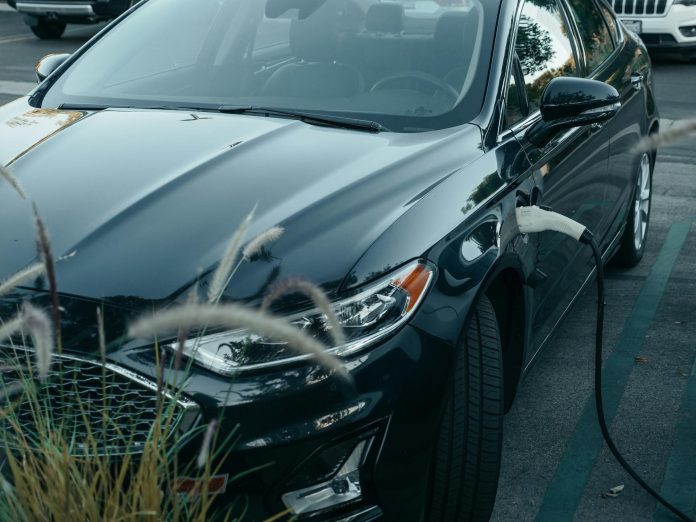Most people know that doing what they can to help the environment is a great priority, but few will keep up with that effort if it means stretching their household budget to the limit. That’s why it’s easy to recycle for most people, but putting solar panels on a house is an investment that needs to be considered at great length, even if the technology is becoming cheaper.
This is the quandary many drivers find themselves in while thinking about making that electric car purchase. It’s true that the operational costs can be relatively less than filling up a tank with fuel, but it’s also true that the baseline cost of many of the greater electric models is higher than your traditional vehicle, and any imposed taxes on low-emission areas aren’t quite at the level where non-electric cars fail to pass automatically.
Regardless, making an electric car purchase is still something to weigh up from the perspective of someone who only has a little buffer of extra spending money once the household budget and savings are taken into account. In this post, we’ll discuss how to make that electric car purchase with care:
Look Closely At Used Models
There’s no need to purchase a brand new electric vehicle right now to start driving emission-free. Used electric cars often give you much better value because they depreciate a little quicker than petrol models initially, and many still come with the battery covered under a long warranty. It’s worth your time to research the second-hand market because you might find a great model that’s only a couple of years old and costs thousands less than what the showroom price would be.
For instance, reputable dealerships that handle used models, like those that sell Omoda cars, can offer you excellent pre-owned choices that comfortably fit your budget right now.
Research Local & National Grants
Absolutely make sure to check out the financial support that might be available to you. Governments often offer incentives or tax credits when you purchase an electric car, especially if they’re trying to convert most drivers to such models by a yearly end date.
Moreover, the programs are always changing, so check what your country or local authority is currently offering before you sign any paperwork.
Factor in Operation Costs
The purchase price is just the first cost of your electric vehicle journey, so you need to know exactly how much it will cost you to run month to month. Calculate how much you’ll save on fuel, but then balance that against your potential electricity bill increase. If you can charge at home overnight during off-peak hours, those energy costs will be lower and could justify having an EV port installed in your garage. If your neighbor has also thought about buying, you may even discuss sharing the cost for a shared port.
It’s also wise to check out the servicing schedules. Electric cars usually require less maintenance because they have fewer moving elements, but they will of course still need routine checks. You need to ensure the total lifetime running cost of the EV will fit easily into your long-term household spending plan to justify it.
With this advice, you’re sure to plan everything ahead before you think about a final EV purchase.

















